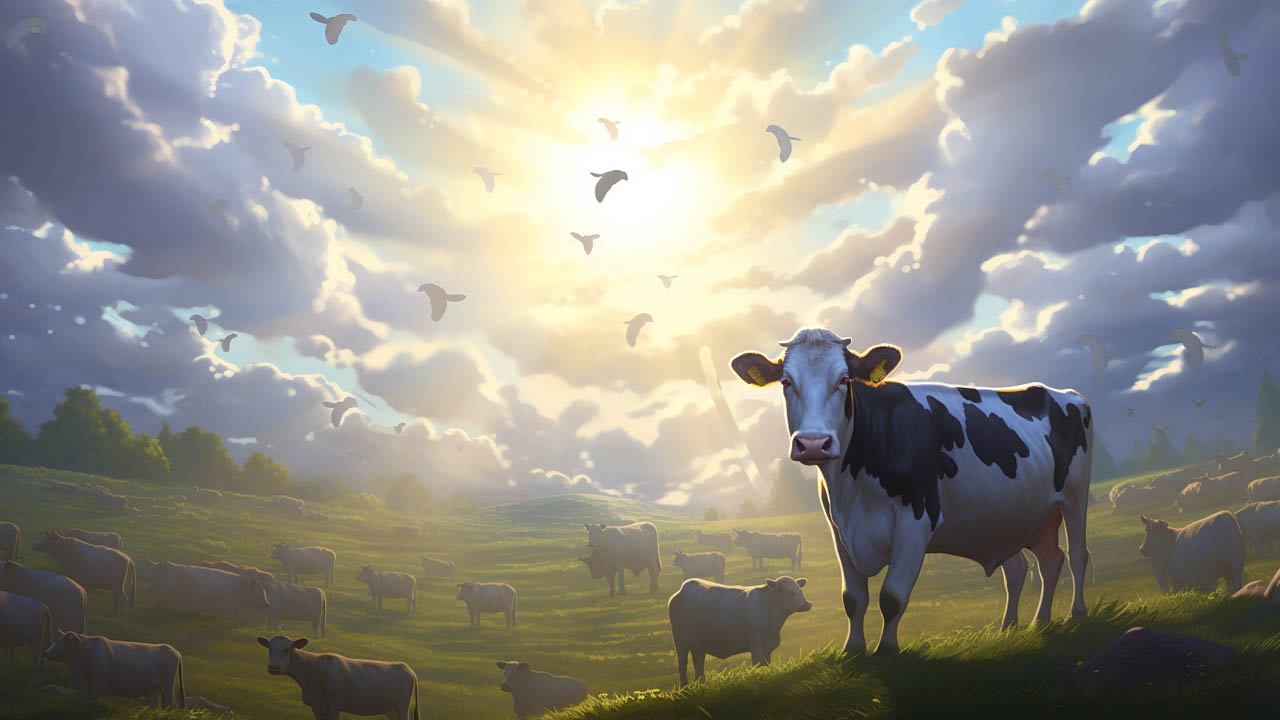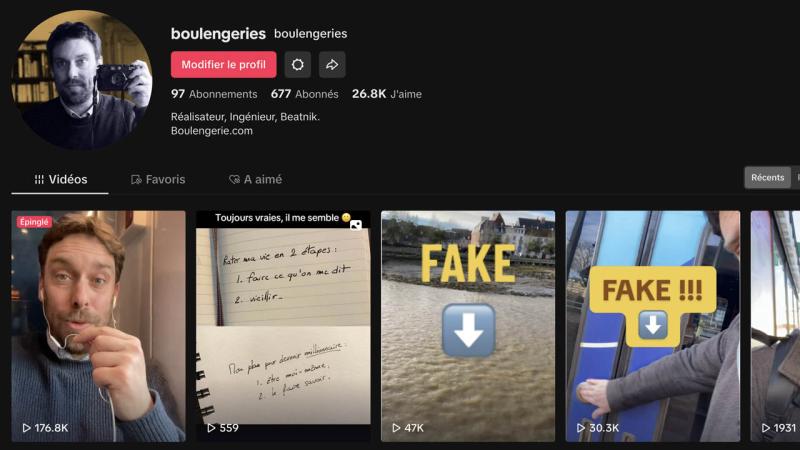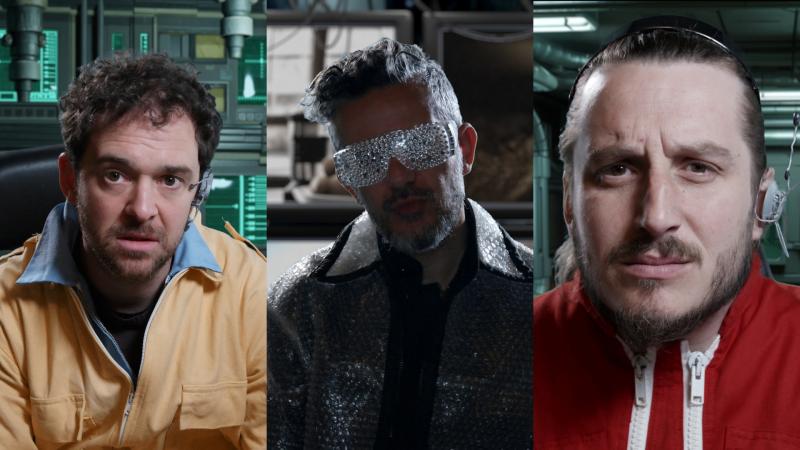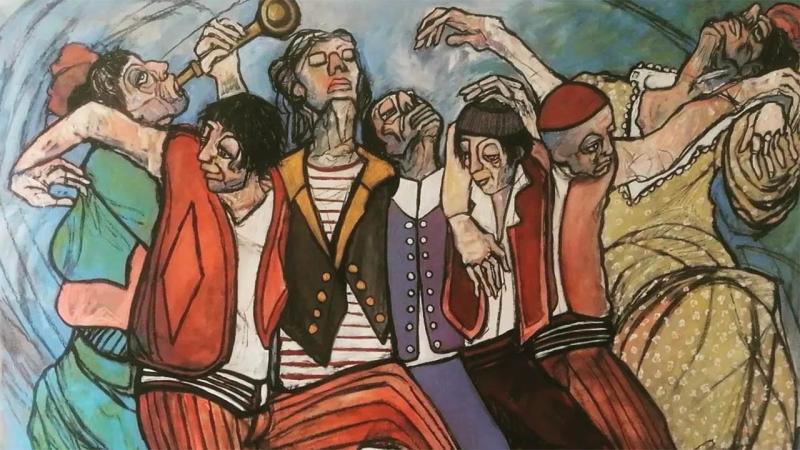First, let me be clear: I'm not religious in the slightest.
Even though I was baptized, received communion, and went through all that, I dropped it all around the age of twelve, and the years have only solidified my rejection of organized religion.
When asked, I say I'm agnostic and atheist – which might seem contradictory. Agnostic because I haven't explored the entirety of the universe, and there could very well be something out there, for all I know. A purpose, an equation, a metaphysics that one might choose to personalize and call God. Why not. But deep down, I think we can't know, and we might as well not bother – which is the stronger version of agnosticism. But if there is indeed something upthere, I am convinced that it has absolutely nothing to do with what religions, past or present, have been trying to sell us for centuries. That's my atheist side.
That's where we're starting from.
Yet, over the past few years, I've discovered a certain spirituality within me.
Spirituality, for me, would be a connection with something greater than oneself. Not necessarily in the usual sense of a god.
It could be a connection with nature, for instance.
I'm talking about nature in the broad sense: that grand whole that has existed since the big bang, probably before, giving birth to galaxies, stars, planets, which in turn allowed the emergence of life in all its forms: bacteria, plants, animals. This gigantic ever-transforming soup that, through laws we're only beginning to understand, is the origin of everything we know. That some parts of this whole develop their own consciousness and are capable of experiencing themselves and the world, that this physical-chemical-biological complexity gives birth to such a simple experience ("I am") that allows each of us to unravel the thread of our lives without needing to comprehend the underlying mechanisms, I find there's magic in that. At the very least, a mystery. Undoubtedly, a beauty.
But above all: this small dose of spirituality is enough to define a boundary between the profane and the sacred.
The profane view of the world would see nothing more than an accumulation of matter and physical laws that we need to seize to benefit ourselves. There would be no mystery anywhere, no questions, no wonder, and from there, no respect to cultivate towards anything. Only resources to exploit. Life would then be just another fuel in service of our vision of comfort and progress.
This thesis, so well defended by Bernard Stiegler in this recently discovered video, also brings me back to what Alan Watts – my guiding philosopher – said on the matter:
Namely, the relationship between humans and nature is built upon a double misconception. The first: that our role is to dominate nature. To fight and control the elements to impose our will. The second: that we are in a position to save it. That the planet – or certain parts of the planet – would need us to continue existing. These two options, far from being equivalent in their effects, stem from the same fundamental omission:
We are nature.
We, humans, are as much nature as cows, trees, ants, or dolphins. We are made of the same matter, arising from the same physical and biological evolution, and are destined to disappear in similar ways. (For instance: by transforming our ecosystem beyond the limits of our own survival – which, in the history of species, is nothing new.)
This doesn't mean there's no difference between humans and other species. Of course, there are differences. But when we return to the fundamentals – living, surviving, finding meaning – it seems to me that our belonging to the living is a better analytical prism than what sets us apart.
Because if we are nature, nothing we do can be against nature.
We are part of the grand whole. The challenges we face are part of the grand game. And the mystery and magic at work in the universe also express themselves through us.







